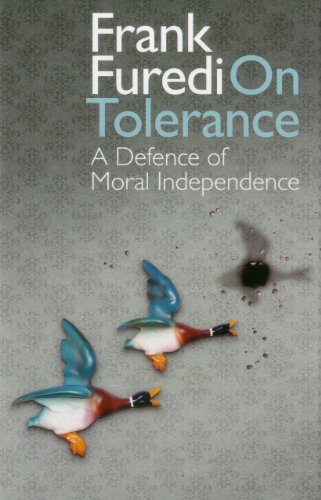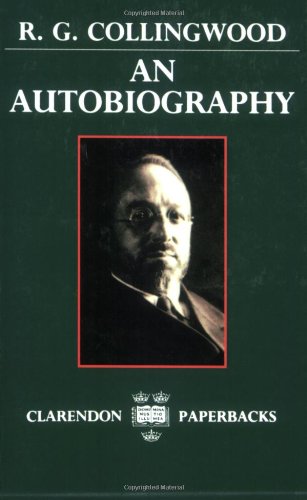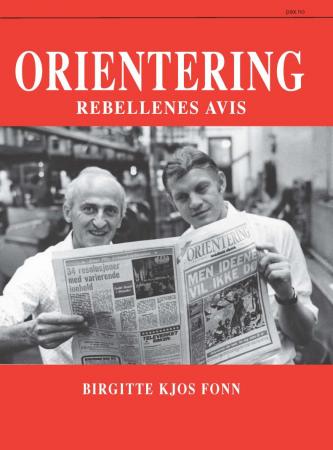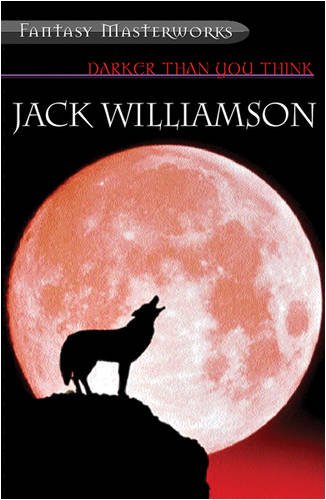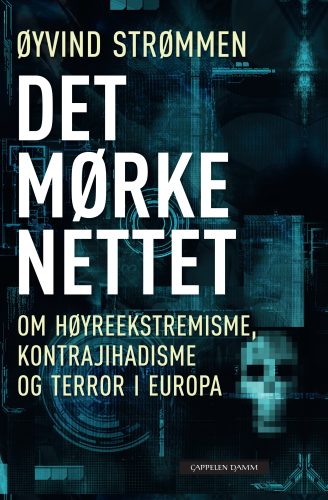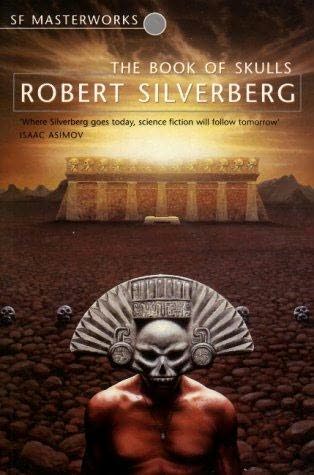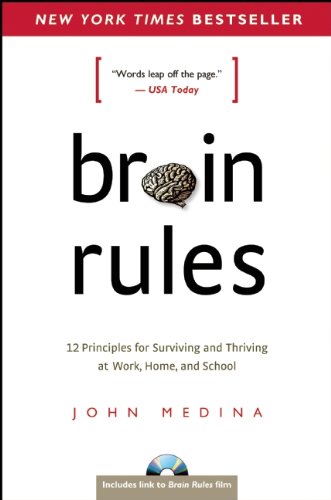Frank Furedi – On Tolerance (2011)
Tolerance used to mean respect for the moral autonomy of individuals, the belief that, although I disagree with someone, I acknowledge their right to choose their beliefs of their own free will, and to speak them publicly, and that there is in fact a value in and of itself in being challenged by opposing views, even when they’re wrong. Moral and political judgment was a central part of tolerance, because without something to judge, there would be nothing to tolerate. Today, tolerance has come to mean non-judgment, recognition, and approval, and not of individual views, but of group identities. Paradoxically, this new tolerance is a dressed up version of traditional intolerance, and reveals its fangs when you confront it. We need the old form back.
Recommended: Strongly.
Greg Bear – Blood Music (1985)
After [being bitten by a radioactive spider] / injecting himself with intelligent microorganism, a [socially awkward teenager] / socially awkward scientist gets superpowers and [starts fighting crime] / sits at home and broods a lot, while observing his scientifically plausible transformation into a higher being.
Recommended: No. The more I read of biology and physics-oriented hard SF, the less it interests me. Never mind the eukaryotes, show me the politics!
